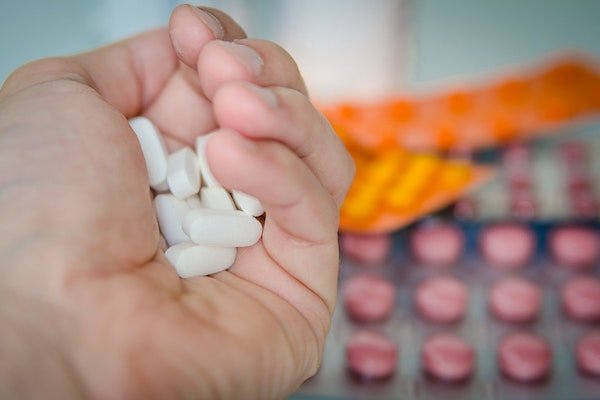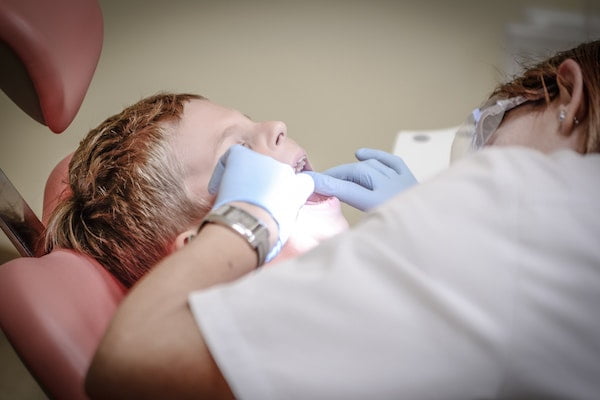Prescription Attention Deficit Disorder Drugs
We’d like to think that children are healthy and don’t need drugs, but every once in awhile, they do. Everyone has difficulty paying attention sometimes, but children who have ADD (attention deficit disorder) have a harder time focusing than the rest of us. ADD can cause problems in many areas of these children’s lives, which is why many parents turn to Attention Deficit Disorder drugs.
ADD medications work by increasing the level of dopamine and norepinephrine in the brain. These are neurotransmitters that send messages between the brain and various nerve cells in the body. ADD medications allow someone who is suffering from ADD to focus much easier. They find that they’re not as likely to fidget and that they can sit still and listen to instructions from a teacher or do their homework.
If your child has a difficult time focusing on a regular basis, the school may recommend they get checked for ADD. If it turns out that they have this condition, then they be given ADD medications to help them focus and increase their attention span.
Strattera
Strattera, also known as atomoxetine, is one of the more popular prescription Attention Deficit Disorder Drugs. It helps patients achieve better focus and attention, while controlling hyperactivity and impulsiveness. It is prescribed to both adults and children for attention deficit hyperactivity disorder (ADHD). Strattera is in a class of drugs that is called selective norepinephrine re-uptake inhibitors. These drugs function by boosting the brain’s norepinephrine levels. Norepinephrine is a brain chemical that occurs naturally and is critical to behavior control.
Although this drug has been approved by the FDA, recent studies have demonstrated that children and adolescents with ADHD that take Strattera have a greater risk of developing suicidal thoughts. For this reason, it is extremely important to monitor a child’s behavior when he or she is taking Strattera. This is especially important at the start of treatment with Strattera, and at any time that the dosage is changed (either increased or decreased). Serious symptoms can come on very suddenly, so it is important to monitor the behavior of the patient on a daily basis.
Communication with others who interact with the child or teen can be very helpful in discovering any behavioral changes. If any of the following symptoms occur, contact a doctor immediately:
- Displaying feelings of helplessness, hopelessness, or worthlessness
- Becoming more withdrawn or subdued than normal
- Developing a new or increasing level of depression
- Writing, talking, or otherwise communicating thoughts about self-harm, suicide, or even planning to do so
- Increased aggression or violent behavior
- Acting impulsively
- Increased amount of talking or activity
- Behaving in a frenzied or abnormally excited way
- Any other sudden and abnormal behavioral changes
A child or teen taking Strattera should have regular doctor appointments in order to allow the doctor to carefully monitor his or her progress. The doctor may even wish to speak to the child or teen over the telephone on occasion, between office visits.
This medication comes in the form of a capsule that is taken orally. The dosage usually requires that the capsule be taken once every day in the morning or twice every day in the morning and either the late afternoon or the early evening. Though this drug functions equally with or without food, taking Strattera with food decreases the chance of stomach upset as a result of the medication.






Recent Comments